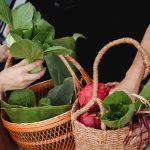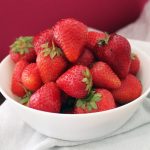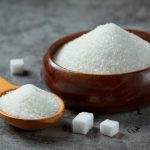Farmers in Gloucestershire are not happy. They say local councils are quietly pushing plant-based diets while ignoring agriculture - which is the backbone of the county. A recent campaign by Gloucestershire County Council encouraged residents to swap cow’s milk for plant-based alternatives.
That suggestion has gone down like sour milk in a county known for its dairy farming.
The backlash was swift. Local farmers, especially those in dairy, see this as a direct attack on their livelihood. They argue that the council is ignoring their contribution to the local economy and food production. After public outcry, the council backpedaled, insisting it still supports farmers. But many in the industry remain unconvinced.
‘Support Farming or Prove It,’ Farmers Say
Jenni Hobbs, a Gloucestershire dairy farmer, believes this is not just a one-time mistake. She runs Wholly Gelato with her family and is tired of feeling pushed aside. She says that if the government and local authorities truly support farming, they need to show it, not just say it.
However, it is not just about one campaign. Hobbs and others point to previous incidents, such as a booklet sent to parents that encouraged plant-based diets for children. They see this as part of a bigger trend. One that prioritizes sustainability buzzwords over the realities of local food production.
Local Councils are Quietly Going Vegan
Gloucestershire is not the only place where this is happening. Over the past few years, ten councils across the UK have introduced some form of plant-based policy. Some have signed agreements committing to reduce meat and dairy. And others have gone further, banning animal products at official events.
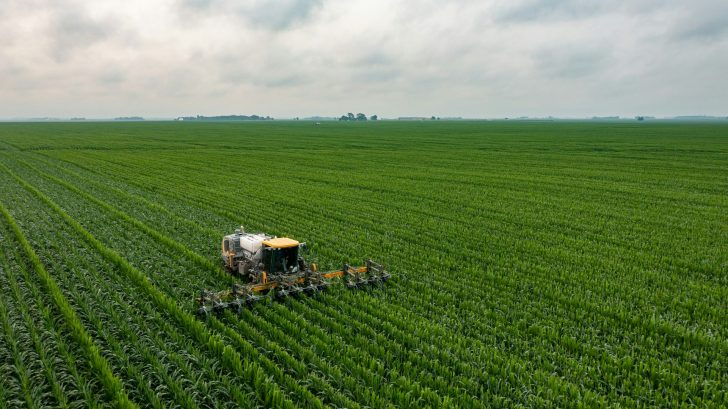
James / Unsplash / The shift has been gradual. Some councils are making their plant-based commitments public, while others have kept them low-key.
Either way, farmers argue this movement is disconnected from how most people actually eat. The majority of Brits still consume dairy and meat regularly, making these policies seem out of touch.
‘Crafty Compulsory Veganism’ or Necessary Change?
The Countryside Alliance has labeled this trend as “crafty compulsory veganism.” They argue that it is an ideological move rather than a practical solution to climate concerns. Farmers in Gloucestershire and beyond believe that British agriculture is already working to be more sustainable.
Instead of scrapping meat and dairy, they say councils should support locally produced food with lower carbon footprints.
However, environmental groups argue that reducing animal products is a crucial step in cutting emissions. They say councils are simply leading by example, making small changes that encourage people to think differently about food.
It is A Battle for the Future of British Farming
This debate is happening at a difficult time for farmers. Rising costs, Brexit-related policy changes, and unpredictable weather have already put pressure on the industry. Many see these plant-based policies as yet another challenge stacked against them.
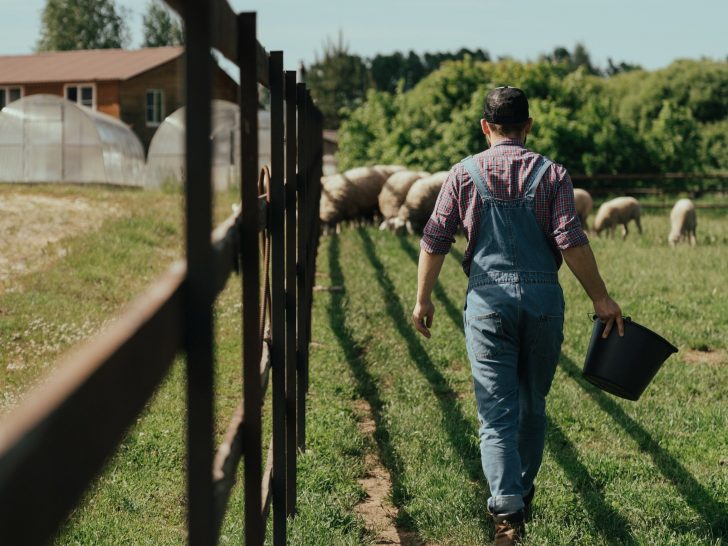
Ent Daily / Farmers don’t just see themselves as business owners. Instead, they see themselves as caretakers of the land.
They argue that they provide high-quality, locally sourced food while maintaining the countryside. However, they fear that government policies could make traditional farming unsustainable in the long run.
What to Expect Next?
For now, Gloucestershire farmers have won this round. The council quickly distanced itself from the “Swaps in Seconds” campaign after the backlash. But the fight is far from over. Across the UK, councils continue to explore plant-based policies, and farmers say they won’t stay silent.
One thing is clear: This is not just about oat milk or council meeting menus. It is about the future of British agriculture. Farmers in Gloucestershire, and beyond, are determined to make sure they still have a seat at the table.


